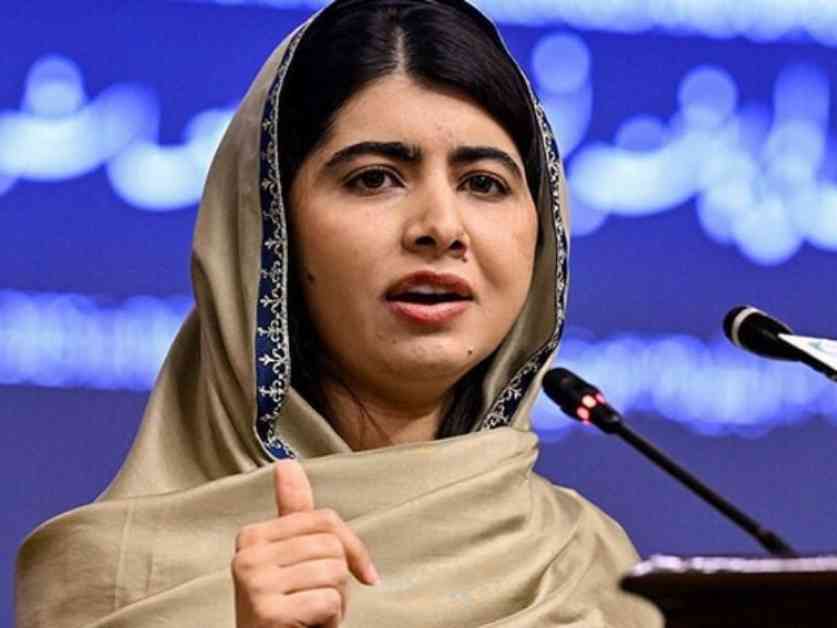Malala Yousafzai Criticizes Taliban and Israel for Impact on Girls’ Education
Nobel Peace Prize winner Malala Yousafzai made headlines yet again with her powerful words condemning the Taliban’s policies limiting education for women and girls. Speaking at a summit on girls’ education in Islamabad, Malala did not mince words, urging Muslim leaders to avoid legitimizing the Taliban’s government in Afghanistan.
In a bold and unwavering tone, Malala emphasized, “Do not legitimise them.” She went on to criticize the Taliban’s treatment of women, stating, “Simply put, the Taliban do not see women as human beings. They cloak their crimes in cultural and religious justification. These policies are a violation of human rights and have no basis in Islamic teachings.”
Malala’s Call to Action
Malala called on Muslim leaders to demonstrate true leadership by standing up against the injustices perpetrated by the Taliban. She implored them to use their voices and power to oppose policies that limit education and opportunities for women and girls. Malala’s impassioned plea resonated with many as she highlighted the urgent need for action in the face of such grave violations of human rights.
Israel’s Actions in Gaza
In addition to criticizing the Taliban, Malala also turned her attention to Israel’s actions in Gaza. She accused Israel of decimating the region’s education system and committing human rights violations. Malala condemned the indiscriminate attacks on civilians, including the destruction of schools and universities, which have left thousands of children without access to education.
Urgency of International Intervention
The ongoing crisis in Gaza, which began on October 7, 2023, has resulted in over 46,000 deaths, according to the Gaza health ministry. The destruction of educational institutions has worsened the humanitarian crisis, leaving countless children without the opportunity to learn and thrive. Malala underscored the need for immediate international intervention to protect the rights and future of Palestinian children.
In a powerful closing statement, Malala emphasized the importance of solidarity and support for education in conflict zones. She called for an end to discriminatory practices against women and girls, asserting that every child deserves the right to education, regardless of their circumstances.
As a survivor of a Taliban attack herself, Malala’s words carry a deep personal resonance and a sense of urgency. Her unwavering commitment to advocating for girls’ education in conflict zones serves as an inspiration to many around the world.
In conclusion, Malala’s message is clear: the time for action is now. It is up to all of us to unite in support of education for all, especially those who are most vulnerable and marginalized. Let us heed Malala’s call and stand together to protect the dreams, dignity, and rights of children everywhere.









